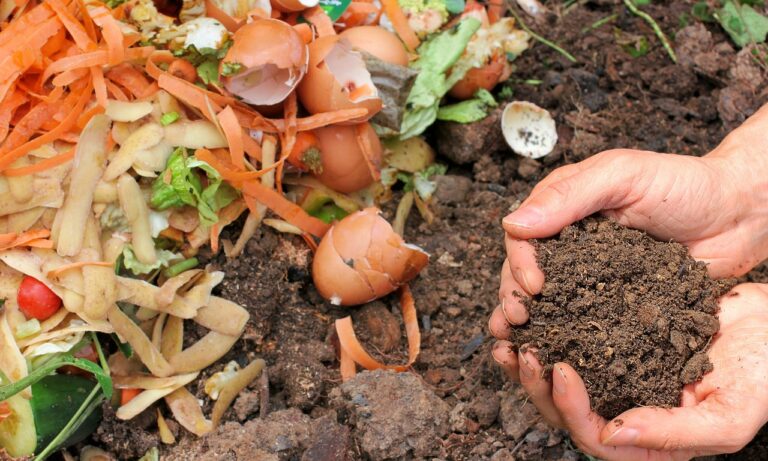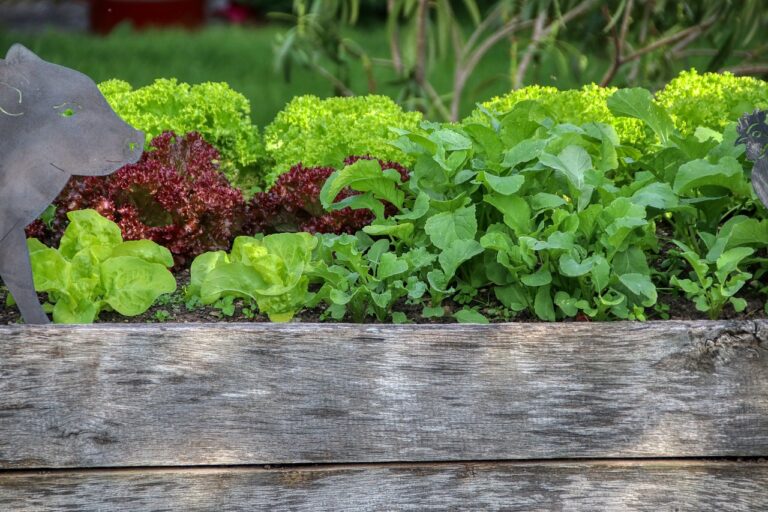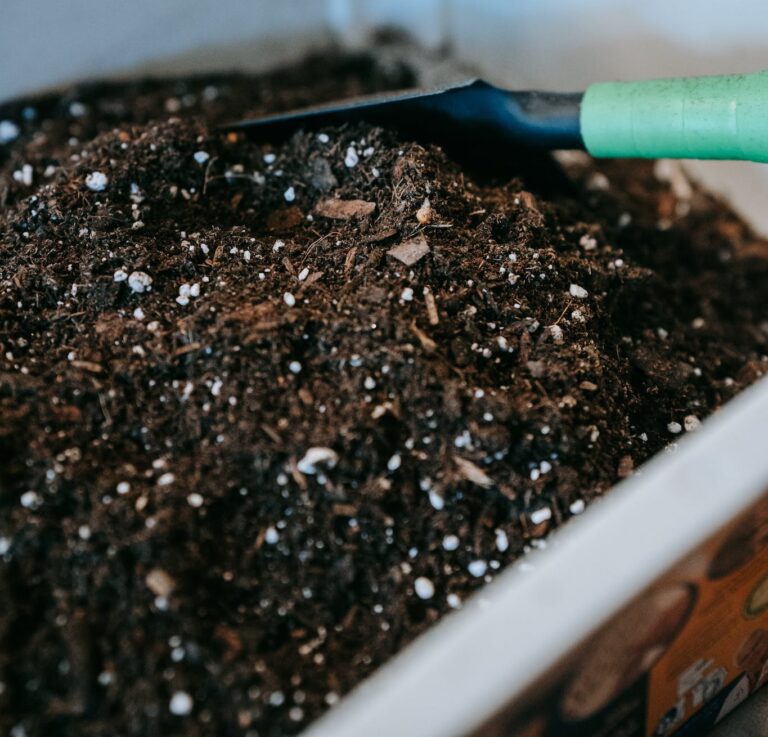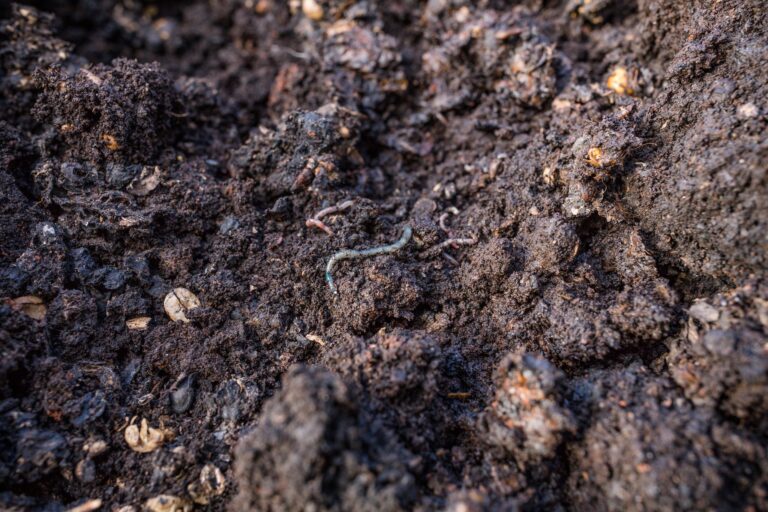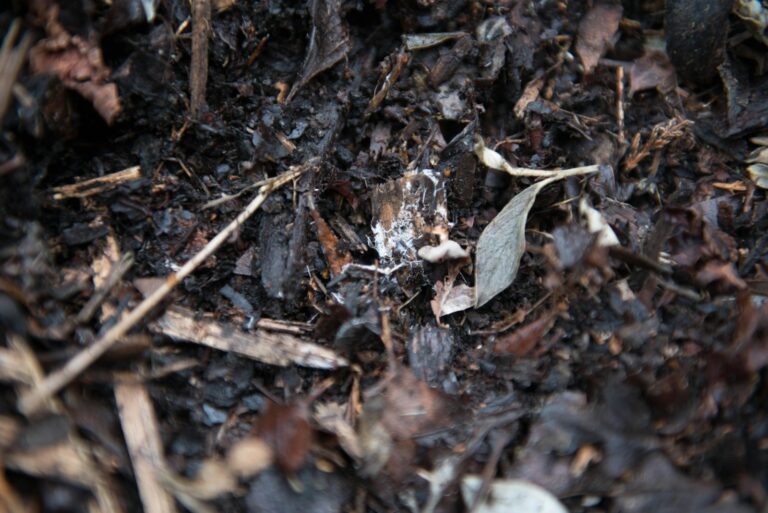As the saying goes, ‘One man’s trash is another man’s treasure.’ And when it comes to composting, this couldn’t ring truer.
But what about coffee filters? Can they be transformed into something valuable for our gardens? Well, the answer is not as simple as black or white.
In this discussion, we’ll explore the world of coffee filters and their compostability, uncovering the secrets behind turning these seemingly insignificant pieces of paper into nutrient-rich goodness for our plants.
So, grab a cup of joe and join me as we uncover the truth about composting coffee filters.
Benefits of Composting Coffee Filters
Composting coffee filters offers numerous benefits, including reducing waste, enriching soil, and promoting a sustainable and eco-friendly lifestyle.
When coffee filters are added to a compost pile, they break down over time and contribute valuable organic matter to the compost. Additionally, coffee filters that contain coffee grounds can provide even more benefits to the composting process.
Coffee grounds are a rich source of nitrogen, which is an essential nutrient for plants. When coffee grounds are composted along with the filters, they add nitrogen to the compost, helping to create a nutrient-rich soil amendment. This can improve the overall fertility of the soil and enhance plant growth.
Furthermore, composting coffee filters and grounds together helps to divert waste from landfills. By composting these materials instead of throwing them away, we can reduce the amount of organic waste that ends up in landfills, where it contributes to greenhouse gas emissions.
Composting coffee filters is a simple and effective way to reduce waste and minimize our environmental impact.
Types of Coffee Filters That Can Be Composted
When considering composting coffee filters, it’s important to be aware of the different types that can be effectively added to your compost pile. There are two main types of coffee filters: biodegradable and non-biodegradable.
Biodegradable coffee filters are made from materials that break down naturally over time. These filters are typically made from paper or hemp, and they can be safely added to your compost pile. As they decompose, they release valuable nutrients into the soil, enriching it and promoting healthy plant growth.
On the other hand, non-biodegradable coffee filters are made from materials that don’t break down easily or at all. These filters are often made from plastic or synthetic materials, which can take hundreds of years to decompose. It’s important to avoid adding these filters to your compost pile, as they’ll not break down and can contaminate the soil.
To ensure that you’re composting the right type of coffee filters, always check the packaging or label for information on whether they’re biodegradable. If they’re not, it’s best to dispose of them in the regular garbage.
Step-By-Step Guide to Composting Coffee Filters
To effectively compost coffee filters, follow this step-by-step guide.
First, collect used coffee filters that are made of unbleached paper or are certified compostable. Avoid using filters made of synthetic materials, as they’ll not break down in the compost pile.
Next, remove any coffee grounds from the filters. Coffee grounds can be added directly to the compost pile, as they’re rich in nitrogen and will help to nourish your compost.
After removing the grounds, tear the coffee filters into smaller pieces. This will help them break down more quickly during the composting process.
Once you have torn the filters into smaller pieces, add them to your compost bin or pile. It’s important to mix the filters with other compostable materials, such as fruit and vegetable scraps, yard waste, and shredded paper. This will create a balanced mix of carbon and nitrogen, which is essential for successful composting.
Turn the compost pile regularly to help aerate it and speed up the decomposition process. Within a few months, the coffee filters will break down and become part of nutrient-rich compost that can be used in your garden.
Alternatively, if you prefer not to compost coffee filters, there are other eco-friendly options for their disposal. Coffee filters can be used in various creative ways, such as for arts and crafts projects, as a natural scrubber for cleaning, or as a liner for potted plants. By finding alternative uses for coffee filters, you can reduce waste and give them a second life before ultimately disposing of them.
Common Mistakes to Avoid When Composting Coffee Filters
One common mistake to avoid when composting coffee filters is neglecting to remove any adhesive or staples before adding them to the compost pile. These non-organic materials can take a long time to break down and can contaminate the compost with chemicals or metals.
To ensure a successful composting process, here are four other common mistakes to avoid:
- Adding only coffee filters: While coffee filters are a great addition to compost due to their high carbon content, it’s important to balance them with other organic materials. Mix coffee filters with kitchen scraps, yard waste, and other compostable materials to create a well-balanced compost pile.
- Not composting coffee grounds: Coffee grounds are rich in nitrogen and can provide valuable nutrients to your compost. Instead of throwing them away, add coffee grounds to your compost pile along with the coffee filters. This will enhance the microbial activity and help break down the organic matter faster.
- Not considering alternative uses for coffee filters: Before composting coffee filters, consider if they can be reused or repurposed. Coffee filters can be used for cleaning, straining liquids, or even as a natural air freshener sachet. By finding alternative uses for coffee filters, you can reduce waste and maximize their lifespan.
- Ignoring moisture levels: Composting requires a balance of moisture. Coffee filters, especially when used, can hold a significant amount of water. To maintain optimal moisture levels in your compost pile, ensure that coffee filters aren’t overly wet or dry. Adjust the moisture content as needed to create the ideal environment for decomposition.
Tips for Maximizing the Effectiveness of Composting Coffee Filters
Maximizing the effectiveness of composting coffee filters involves ensuring proper aeration and turning of the compost pile. By following these tips, you can make the most out of your composting process while being eco-friendly.
Firstly, it’s important to combine coffee filters with coffee grounds before adding them to the compost pile. Coffee grounds provide a rich source of nitrogen, which helps speed up the decomposition process. This combination creates a well-balanced mixture that’s beneficial for your compost.
Secondly, ensure that the compost pile is properly aerated. Coffee filters, being made of paper, can become compacted and slow down the decomposition process. To avoid this, mix the compost pile regularly, allowing air to circulate and promoting the breakdown of organic matter.
Additionally, consider using eco-friendly alternatives to coffee filters. Reusable metal or cloth filters are excellent options that eliminate the need for disposable filters altogether. These alternatives aren’t only better for the environment but can also be composted along with the coffee grounds, further enriching your compost.
Conclusion
Composting coffee filters is a great way to reduce waste and nourish your soil. By choosing the right type of filter and following a simple step-by-step guide, you can easily incorporate coffee filters into your composting routine.
Avoid common mistakes and maximize effectiveness by ensuring the filters are fully compostable and properly broken down. Embrace the sustainable benefits of composting coffee filters and contribute to a healthier environment.

